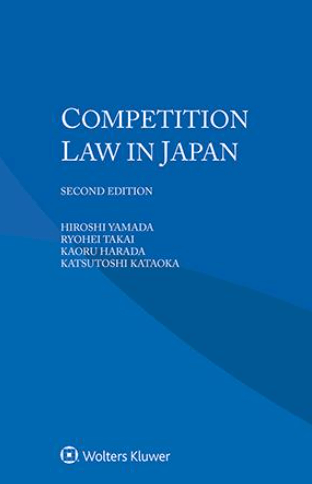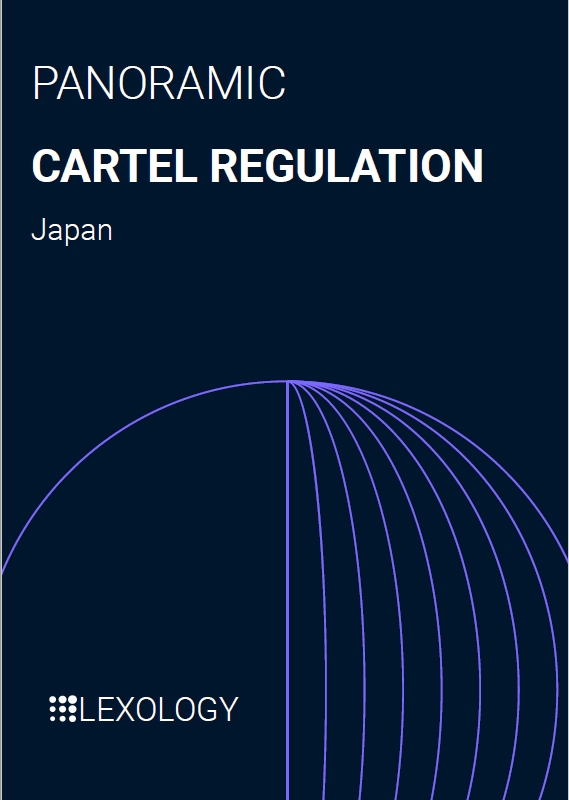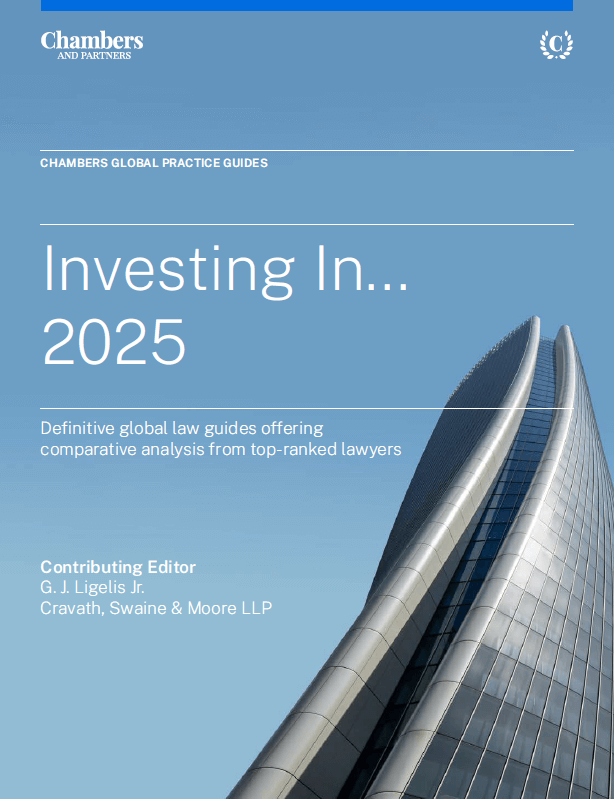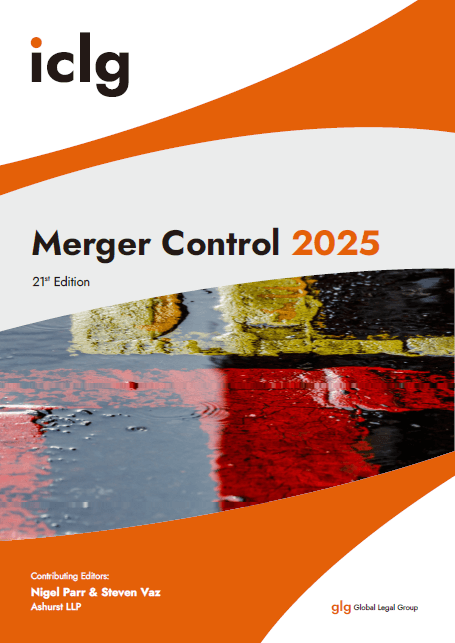
NO&T Asia Legal Review
On 31 March 2023, the Indonesia Competition Commission or Komisi Pengawas Persaingan Usaha (“KPPU”) enacted a new regulation on the Assessment of Merger, Consolidation, or Acquisition of Shares and/or Assets which may Result in Monopolistic Practices and/or Unfair Business Competition (“New Merger Regulation”) which revokes and replaces the previous regulation, KPPU Regulation No. 3 of 2019.
Under the New Merger Regulation, a notification of foreign-to-foreign merger transaction is required to be filled to KPPU only if both parties have assets and/or generate sales in Indonesia. This replaces the previous regulation that mandated notification filling even if only one party to the transaction had assets and/or generated sales in Indonesia. Furthermore, the threshold of assets calculation required for the notification has also been revised from worldwide basis to Indonesia basis only.
Business actors must notify KPPU on merger, consolidation, or share/assets acquisition transactions that fulfill certain criteria via electronic system <https://notifikasi.kppu.go.id>. The transaction criteria is as follows:
Under the previous regulation, the notification filing of foreign-to-foreign transaction would be triggered even if only one of the parties had business activities, assets, or sales in/to Indonesia. Therefore, there were an enormous number of foreign-to-foreign transactions that were being notified despite having no impact on the Indonesian market.
The New Merger Regulation imposes stricter local nexus threshold and assets value calculation analysis to be limited to Indonesian located assets instead of worldwide. The asset value and/or sales value threshold is:
The New Merger Regulation also stipulates that a foreign-to-foreign transaction will only need to be notified to the KPPU if all parties to the transaction have assets and/or generate sales/turnover in Indonesia, on top of having fulfilled the minimum assets/sales threshold mentioned above. If only one party to the transaction has assets and/or sales in Indonesia, then the transaction is not necessarily required to be notified to KPPU.
Under the New Merger Regulation, the notification must be filed online via KPPU’s website <https://notifikasi.kppu.go.id>. Despite that, the New Merger Regulation clarifies that KPPU can only review the online filing documents on business days and business hours from 9 am to 2 pm West Indonesia Time. The New Merger Regulation also significantly shortens the period for document completeness review, previously from 60 business days to 3 business days after the notification has been uploaded.
From the document completeness review, assuming the documents are complete, KPPU will issue a statement letter containing the registration number of the notification, thus, indicating that the notification has been officially registered. Business actors are responsible for the completeness and accuracy of the information as inaccurate or missing documents could cause the registration to be revoked, resulting in the parties being deemed as having failed in notifying the transaction.
Identical with the previous regulation, the assessment of the transaction will be divided into initial and comprehensive assessment. If the result of initial assessment deems that the transaction leads to a significant change in market concentration, then it will be subject to comprehensive assessment. However, the New Merger Regulation is silent on the parameters as to what constitutes “significant change in market concentration”.
The comprehensive assessment is a test to determine whether the transaction has the potential to result in unfair business practices. If the transaction is deemed to not potentially cause unfair business practices, then KPPU will issue a statement letter that clears the transaction. On the contrary, if the KPPU concludes that there are potential unfair business practices resulting from the transaction, the KPPU will move the case to a commissioner panel hearing. Unlike the previous regulation, the New Merger Regulation also stipulates the proceedings of the commissioner panel hearing and further examination in determining whether the transaction will result in unfair business practices.
The commissioner panel hearing will last for a maximum of 30 business days. After the hearing, the commissioner panel will:
If the transaction proceeds to further examination stage, the KPPU investigator must prove that the transaction will result in unfair business practices and the business actors have the chance to defend the transaction and prove otherwise. The process will be similar to a court hearing with examination and cross-examination. The commissioner panel will decide whether the transaction will result in unfair business practices and might even unwind the transaction.
Not long after the enactment of the New Merger Regulation, on 5 April 2023, the Government of Indonesia enacted Government Regulation No. 20 of 2023 on Types and Tariff of Non-Tax Revenue in KPPU (“GR No. 20/2023”). This regulation is effective from 5 May 2023 and stipulates the fees for the filing of merger, consolidation, or acquisition of shares and/or assets notifications to KPPU.
The formula for calculation of the fee is:
0.004% x the value of assets or sales turnover that crosses the threshold, whichever is the lower
The value of the assets or sales turnover will be calculated based on the total assets or sales of:
If both the asset and sales values fulfil the statutory threshold (as mentioned beforehand), the filing fee will be calculated using whichever value is lower and payable if the KPPU finds the transaction is notifiable. Nevertheless, GR No. 20/2023 limits the maximum fee to IDR150 million or around USD10,000.
The fee can be reduced or fully waived if the transaction fulfills certain considerations, such as:
Such partial or full waiver of the filing fee will be further stipulated in a KPPU regulation with prior approval from the Minister of Finance.
This newsletter is given as general information for reference purposes only and therefore does not constitute our firm’s legal advice. Any opinion stated in this newsletter is a personal view of the author(s) and not our firm’s official view. For any specific matter or legal issue, please do not rely on this newsletter but make sure to consult a legal adviser. We would be delighted to answer your questions, if any.


Kluwer Law International (April 2025)
Hiroshi Yamada (Co-author)


(January 2025)
Kaoru Hattori, Yoshitoshi Imoto, Ryohei Tanaka (Co-author)


(January 2025)
Shunsuke Minowa, Yothin Intaraprasong, Ponpun Krataykhwan, Nopparak Yangiam, Salin Kongpakpaisarn, Poonyisa Sornchangwat (Co-author)


(December 2024)
Ryohei Tanaka, Tsuyoshi Isshiki, Nobuaki Ito, Haruki Koyama (Co-author)


(January 2025)
Shunsuke Minowa, Yothin Intaraprasong, Ponpun Krataykhwan, Nopparak Yangiam, Salin Kongpakpaisarn, Poonyisa Sornchangwat (Co-author)


(December 2024)
Ryohei Tanaka, Tsuyoshi Isshiki, Nobuaki Ito, Haruki Koyama (Co-author)


Shejal Verma


Patricia O. Ko


Kluwer Law International (April 2025)
Hiroshi Yamada (Co-author)


Tsuyoshi Isshiki


Masanori Tosu


Ichsan Montang, Anastasia Jessica Maureen (Co-author)


Patricia O. Ko


Ngoc Hoang


Yuan Yao Lee


Chattong Sunthorn-opas, Thunsinee Sungmongkol (Co-author)


Patricia O. Ko


Ngoc Hoang


Yuan Yao Lee


Chattong Sunthorn-opas, Thunsinee Sungmongkol (Co-author)


Ario Putra Pamungkas


Yoichi Maekawa


Anastasia Jessica Maureen


Luciana Fransiska